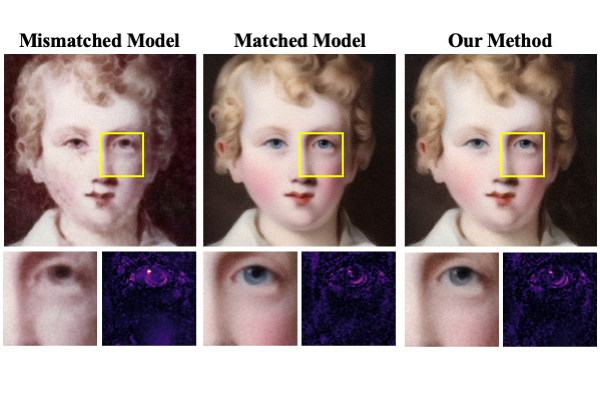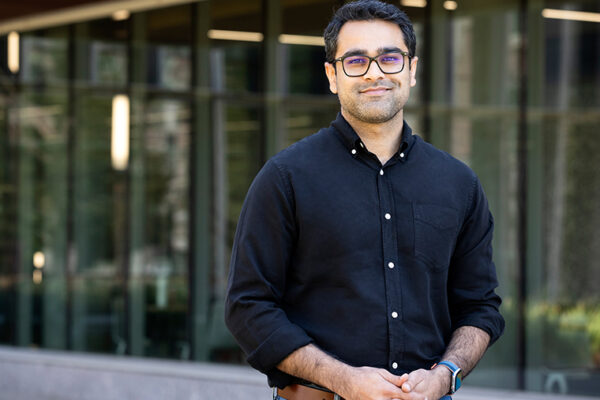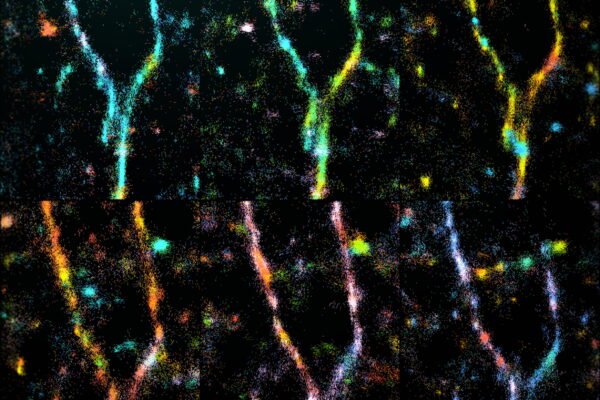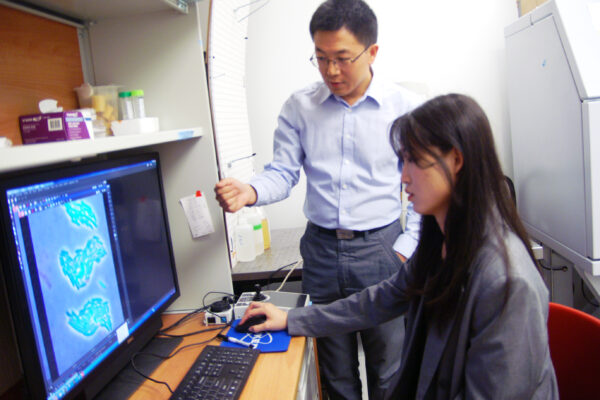Sustainable technology to extract critical materials from coal-based resources
An environmental engineer at Washington University in St. Louis received a federal grant to work to extract rare earth elements from coal in a way that does not harm the environment.
Deep learning models can be trained with limited data
Researchers at the McKelvey School of Engineering at Washington University have developed a method that could reduce errors in computational imaging.
WashU researchers quantify solar absorption by black carbon in fire clouds
Aerosol scientists at Washington University have quantified the extent of light absorption by black carbon in fire clouds to better model climate impacts of extreme wildfire events.
Iqbal earns runner-up in privacy tech award
A research paper by a computer scientist at Washington University has been named runner-up for the Caspar Bowden Award for Outstanding Research in Privacy Enhancing Technologies.
WashU researchers shine light on amyloid architecture
Researchers at Washington University in St. Louis have used microscopy to chart amyloid beta’s underlying structure and yield insight into neurodegenerative disease.
‘Molecular putty’ properties found encoded in protein sequence for biomolecular condensates
Scientists at the McKelvey School of Engineering at Washington University in St. Louis sort the rules governing putty-like biomolecular condensates.
Artificial intelligence meets cartography
Engineering students at Washington University have developed an artificial intelligence tool for generating satellite images via text prompts and presented their work at a recent conference.
Scientists find new way global air churn makes particles
Researchers at Washington University in St. Louis have discovered a new mechanism by which particles are formed around the globe.
Fluctuating cellular energy drives microbial bioproduction
Researchers at Washington University are studying how to turbo-charge microbial bioproduction.
Twelve alumni earn Fulbright awards
Twelve recent alumni of Washington University in St. Louis earned Fulbright awards to travel abroad to teach English or to conduct research in the 2024-25 academic year.
View More Stories









